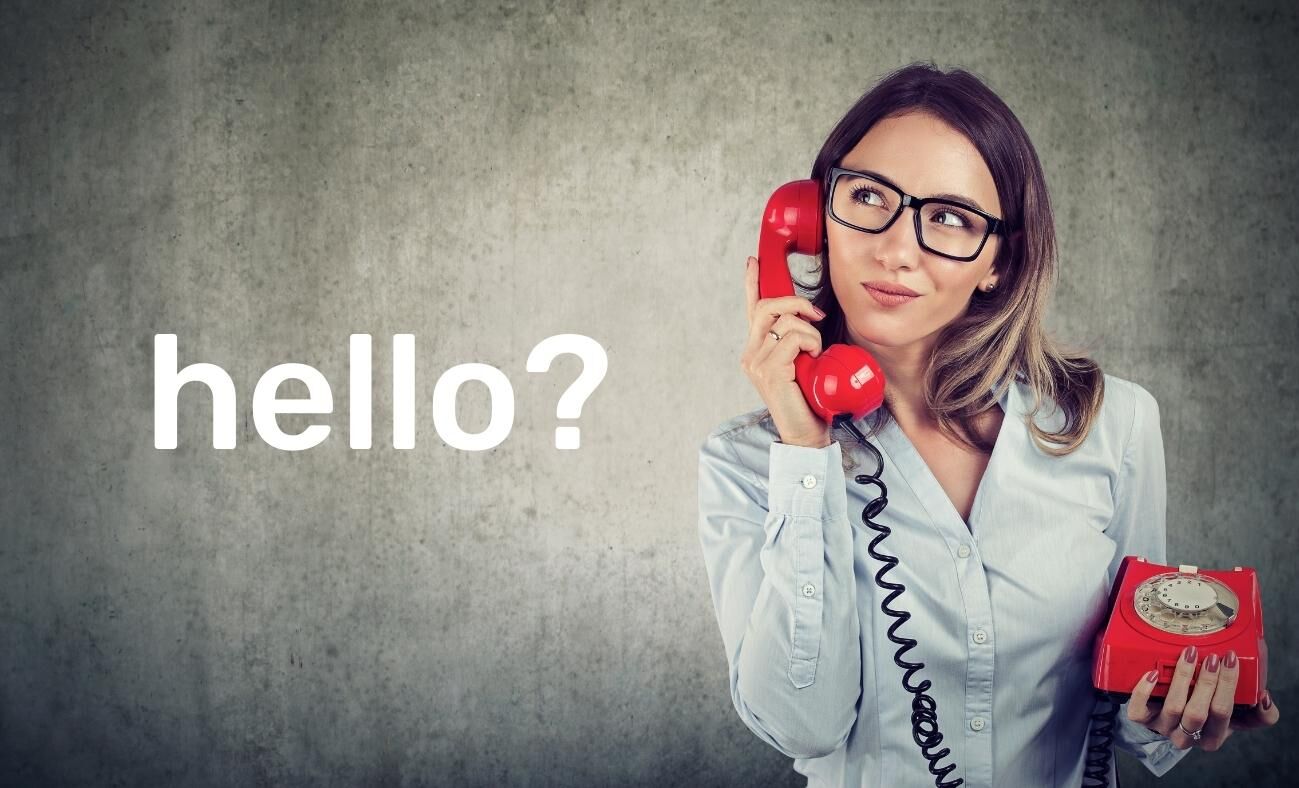Hello?
What do you say when you answer the phone? If you're like most people, you say "hello." It's such a common, everyday word. But where did it come from?
The word hello has a surprising history. Its origins can be traced back to the 1830s, and it wasn't originally used as a greeting. In fact, the first published use of "hello" was in 1827, and it was mainly used to attract attention or express surprise. It wasn't until the telephone arrived that hello became hi. Thomas Edison is credited with putting hello into common usage, and he urged people who used his phone to say it when they answered. His rival, Alexander Graham Bell, thought the better word was "ahoy."
Ahoy?
"Ahoy," it turns out, has been around longer than "hello." It was first used in the 1500s as a cry to attract attention. Sailors would shout "Ahoy!" when they saw land, or when they were approaching another ship. "Ahoy" comes from the Dutch word "hoi," which means "hello." Bell actually felt so strongly about using the phrase "Ahoy" that he used it for the rest of his life.

That is all
The origins of "goodbye" can be traced back to the early 1800s, and it was originally used as a parting phrase. In the 1830s, people originally began using "That is all" as a farewell greeting, and it soon became commonplace. It first became popularized by the telephone companies. Today, "goodbye" is the most common way to sign off on the phone.
So there you have it! The next time you say "hello" or "goodbye," you can think about the surprising history behind these two simple words. From its humble beginnings as a cry to attract attention, to their current uses as a greeting or farewell, hello and goodbye have come a long way. Next time you answer the phone, take a moment to think about the history of the word you're using. Bye for now!

